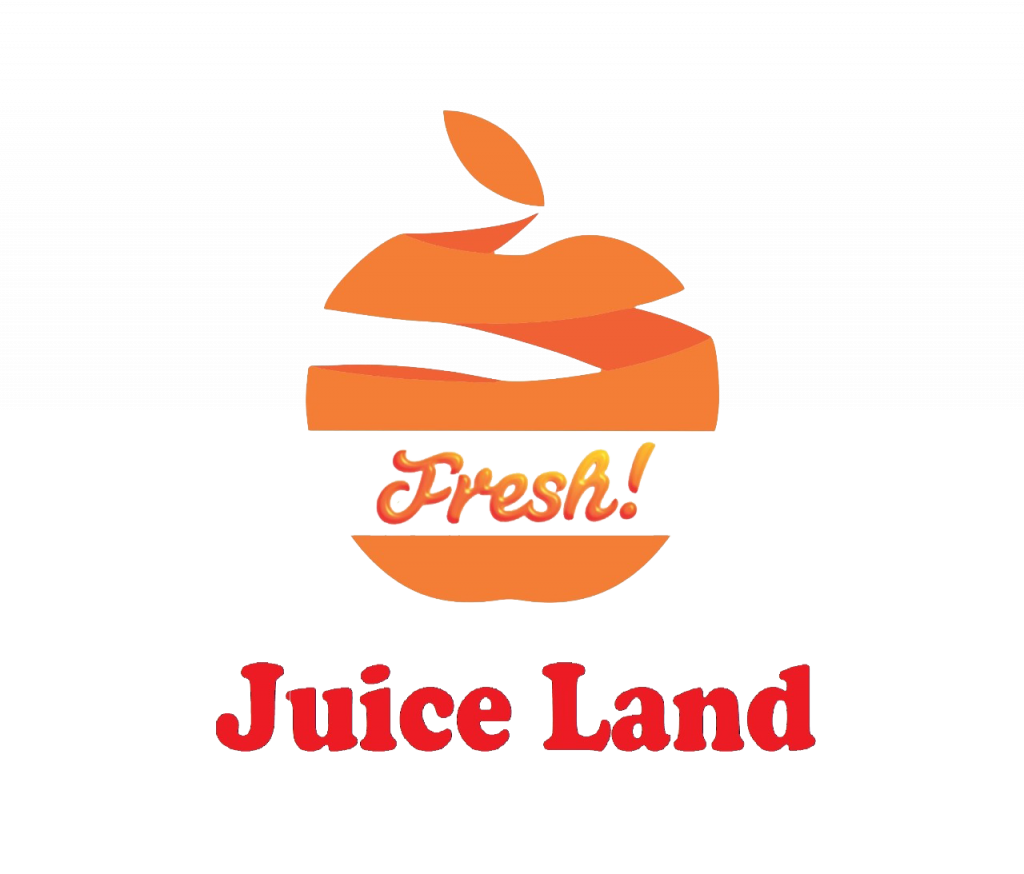Read about retention policies and retention labels

In the meantime, you might find the articles that are following
The information and knowledge with this page is because of it administrators who is able to produce retention policies and retention labels for conformity reasons.
The volume and complexity of their data is increasing daily—email, documents, instant messages, and more for most organizations. Effortlessly managing or regulating this info is important since you need certainly to
Comply proactively with industry laws and internal policies that require you to definitely retain content for the minimal amount of time—for instance, the Sarbanes-Oxley Act may need you to retain specific kinds of content for seven years.
Lessen your risk in case of litigation or even a security breach by completely deleting content that is old you’re not any longer required to keep.
Help your business to share knowledge effortlessly and stay more agile by ensuring that your users work only with content that’s present and highly relevant to them.
Retention settings you configure will allow you to achieve these goals. Managing content commonly calls for two actions
With one of these two retention actions, you’ll configure retention settings for the after outcomes
- Retain-only Retain content forever or even for a period that is specified of.
- Delete-only Permanently delete content after a specified period of the time.
- Retain then delete Retain content for the period that is specified of and then completely delete it.
These retention settings make use of content set up that saves you the extra overheads of creating and configuring extra storage whenever you will need to retain content for conformity reasons. In addition, you should not implement personalized processes to duplicate and synchronize this information.
Utilize the following sections to learn more about how retention policies and retention labels work, when you should utilize them, and exactly how they supplement each other. However, if you’re ready to get started and deploy retention settings for many common situations, see get started doing retention policies and retention labels.
How retention settings make use of content set up
Whenever content has retention settings assigned to it, that content remains in its original location. Individuals can continue to assist their documents or mail just as if absolutely nothing’s changed. However, if they edit or delete content that’s contained in the retention policy, a duplicate associated with content is automatically retained.
For SharePoint and OneDrive internet sites The copy is retained in the conservation Hold library.
For Exchange mailboxes The content is retained in the Recoverable products folder.
For Teams and Yammer messages The copy is retained in a folder that is hidden SubstrateHolds as being a subfolder within the Exchange Recoverable Items folder.
The Preservation Hold collection consumes storage that is not exempt from a web site’s storage space quota. You may need to increase your storage if you use retention settings for SharePoint and Microsoft 365 groups.
These secure areas while the content that is retained maybe not visually noticeable to many people. In many situations, individuals never also must know that their content is susceptible to retention settings.
For more detailed information about how exactly retention settings work for different workloads, see the articles that are following
Retention policies and retention labels

To assign your retention settings to content, utilize retention policies and retention labels with label policies. You can use one among these methods, or combine them.
Work with a retention policy to designate the exact same retention settings for content at a website or mailbox level, and make use of a retention label to assign retention settings at something level (folder, document, email).
As an example, if all documents in a SharePoint web site must certanly be retained for 5 years, it’s better  for this with a retention policy than apply the same retention label to any or all documents for the reason that web site. Nevertheless, if some documents in that site must certanly be retained for 5 years and others retained for 10 years, a retention policy would not manage to do that. When you need to specify retention settings at the item degree, use retention labels.
for this with a retention policy than apply the same retention label to any or all documents for the reason that web site. Nevertheless, if some documents in that site must certanly be retained for 5 years and others retained for 10 years, a retention policy would not manage to do that. When you need to specify retention settings at the item degree, use retention labels.
Unlike retention policies, retention settings from retention labels travel with the content if it’s moved to a location that is different your Microsoft 365 tenant. In addition, retention labels have actually the capabilities that are following retention policies don’t help
Options to start the retention duration from the time this content had been based or labeled on an event, besides the chronilogical age of the information or when it had been final modified.
Use trainable classifiers to spot content to label.
Apply a default label for SharePoint documents.
Help disposition review to review the information before it’s completely deleted.
Mark this content as a record included in the label settings, and also have pr f of disposition when content is deleted during the final end of its retention duration.
Retention policies
You are able to extremely effectively apply a policy that is single numerous places, or to certain places or users.
For the retention duration, you can ch se when the content was made or, supported limited to files and the SharePoint, OneDrive, and Microsoft 365 Groups places, once the content had been last modified.
Products inherit the retention settings from their container specified into the retention policy. If they are then moved outside that container as s n as the policy is configured to retain content, a duplicate of the product is retained in the workload’s secured location. But, the retention settings do not travel using the content in its new location. If that is required, use retention labels as opposed to retention policies.
Retention labels
Make use of retention labels for different types of content that want different retention settings. As an example
Tax kinds that need become retained for the minimal time period.
Press materials that need to be completely deleted once they reach a particular age.
Competitive research that should be retained for a particular duration and then forever deleted.
Work visas that must be marked as a record so they cannot be modified or deleted.
In most these full situations, retention labels enable you to apply retention settings for governance control at the item level (document or email).
